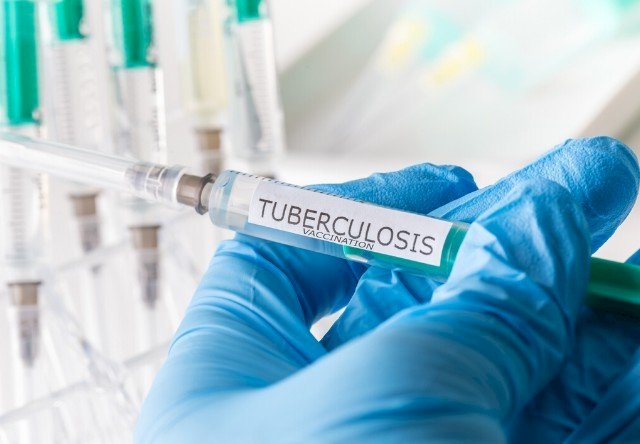GSK licenses tuberculosis vaccine candidate for continued development at Bill & Melinda Gates Medical Research Institute
GSK has announced that it has approved its candidate for the Gates MRI vaccine M72/AS01E tuberculosis disease (TB), paving the way for the continued development and future use of the candidate vaccine in low-income countries with a high TB burden.

The candidate for the M72/AS01E vaccine contains the recombinant fusion protein M72, derived from two Mycobacterium tuberculosis antigens (Mtb32A and Mtb39A), in conjunction with the AS01 adjuvant system. GSK has developed the candidate vaccine in tandem with IAVI. The British Department for International Development (DFID), the DGIS in the Netherlands, the Australian Department for Foreign Affairs and Trade (DFAT), the European Commission and the Bill & Melinda Gates Foundation received funding for research that revealed the potential of M72.
- In a Phase IIb trial, the candidate for tuberculosis vaccine M72/AS01E showed the potential for halving active pulmonary TB in adults with latent TB infection.
- Development of a new TB vaccine is a global health priority for accelerating progress towards ending the TB epidemic and one of the UN Sustainable Development Goals.
- The licensing agreement represents an important step towards the continued development of the candidate vaccine for low-income countries with high TB burdens.
Dr. Thomas Breuer, Chief Medical Officer of GSK Vaccines, commented: "We are very proud at GSK to have created a candidate for a TB vaccine that has shown promising results in clinical trials in adolescents and adults with the greatest need to tackle the TB epidemic. Thomas added they are pleased to announce this ambitious partnership which will allow key partners to further develop and advance our scientific innovation.”
There is no licensed vaccine in adolescents and adults capable of preventing pulmonary TB disease, which accounted for 89 percent of people who fell ill with TB in 2018. Bacille Calmette-Guerin (BCG), the live attenuated vaccine has been in use for almost a century, and while it is effective in preventing serious TB disease in infants and young children, it offers limited protection against pulmonary TB in adolescents and adults. TB is the deadliest infectious disease in the world, with 10 million new cases and 1.5 million deaths in just 2018. The disease burden is concentrated with more than 97 per cent of confirmed TB cases in low-and middle-income countries.
TB causes more deaths per year than any other infectious disease, with 10 million new cases reported in 2018 and 1.5 million deaths. Although the number of deaths is dropping, the global rate of TB decline currently estimated remains around 2.0 per cent. This rate is insufficient to achieve the 2030 U.N. Sustainable Development Goals target of reducing TB by 80 percent compared with 2015. TB in HIV-negative adults with half of them infected with latent TB. The Gates MRI will lead the production of vaccine candidates, and will fund potential clinical trials. For this development program GSK will provide the AS01 adjuvant.
Philip Thomson, GSK's president of Global Affairs, said: "The new agreement today marks a new and exciting step of our efforts to improve global public health through medical innovation. For us, this kind of partnership ensures that we can pursue a more sustainable approach to global health, concentrating our efforts and resources on science and research, while partnering with others to ensure their production and delivery.”



























